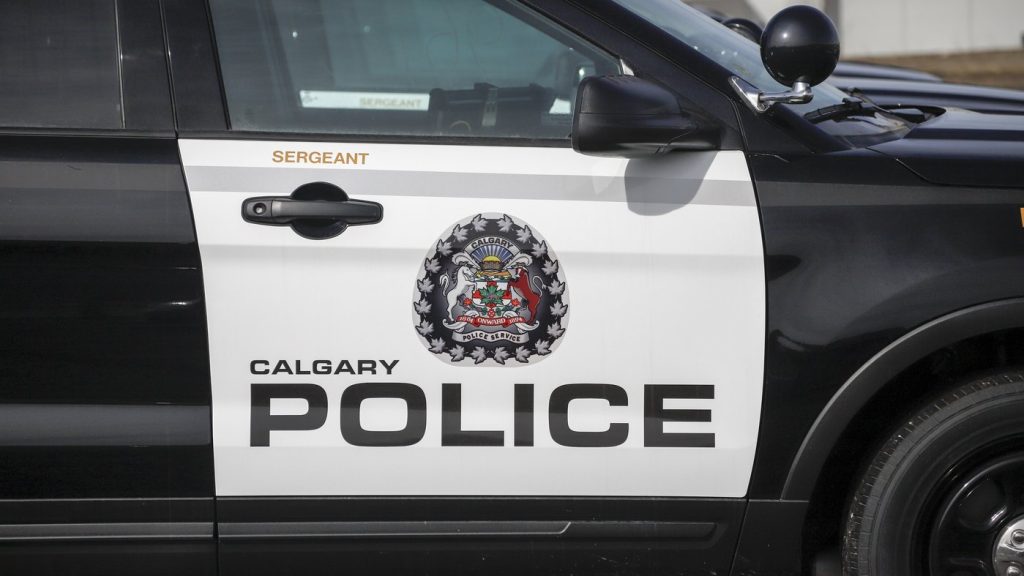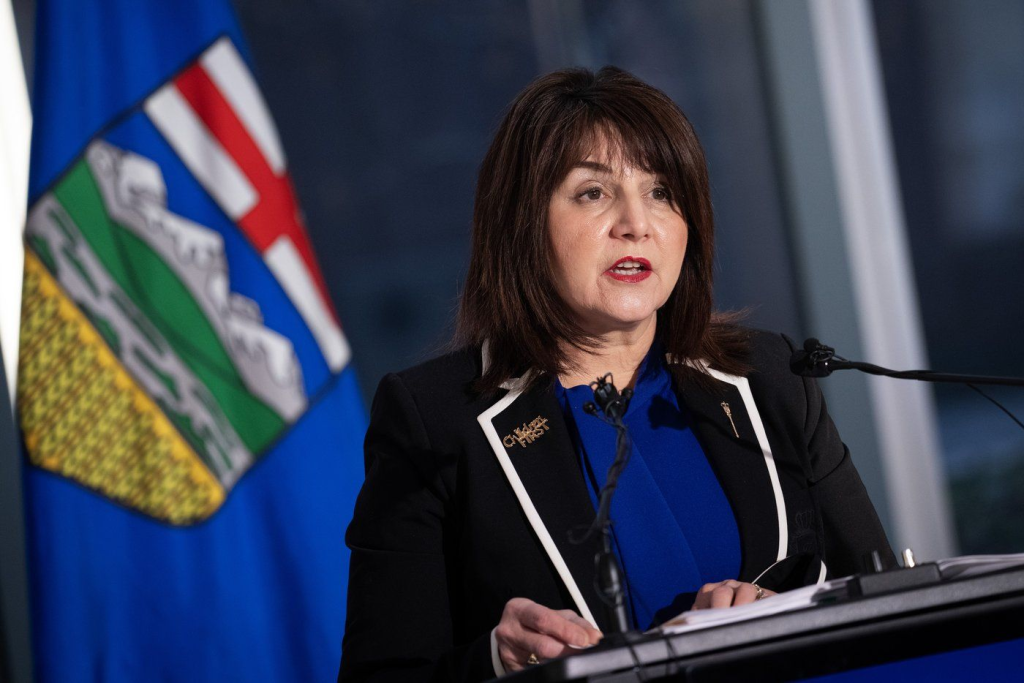Crews continue battling N.W.T. wildfires, blaze remains 15 km from Yellowknife

Posted Aug 22, 2023 2:12 pm.
Crews continued Tuesday to battle wildfires that have forced seven out of every 10 Northwest Territories residents from their homes — or about 30,000 people.
Fire information officer Mike Westwick says one fire remains about 15 kilometres from Yellowknife, the capital of 20,000 people, and one of multiple communities under an evacuation order.
Westwick says firefighting work at Fort Smith, on the Alberta-N.W.T. boundary, is expected to be particularly challenging given temperatures approaching 30 C.
“The situation remains serious across all our communities with active fires,” Westwick said in an interview.
“Air tankers are working tirelessly across our territory to knock down the intensity of these fires and give time for crews to get good work done on the ground.”
He said flames were about four kilometres from Fort Smith and that winds were threatening to move the fire close while crews scrambled to cut the forest down to the dirt to deprive flames of fuel.
“There’s more than 250 people assigned and dozens of helicopters to that Fort Smith area,” he said.
A spokeswoman for the Northwest Territories’ emergency management organization says there have been reports of people returning to Fort Smith, or planning to return there, despite the wildfire risk.
Jennifer Young said residents need to know they will be stopped at established checkpoints and asked to verify whether they are an essential worker of an evacuated community before being let through.
Fort Smith’s 2,500 residents have been out for more than a week.
Westwick said fires that encroached close to the community of Jean Marie River last week havebeen kept at bay and no structures have been damaged.
“We’re looking towards hopefully being able to provide good news on that fire soon,” he said.
Flames remained about eight kilometres from Hay River, on the south end of Great Slave Lake, and Westwick said they expect a challenging week there of hotter and drier conditions and shifting winds.
“All of those winds we would expect to push the fire away from a river, but could cause fire growth, which always makes things more challenging,” he said.
The 20,000 residents of Yellowknife were ordered out last week and are staying in Alberta and other points south.
Westwick said the area received a negligent amount of rain overnight, but firefighters have been able to move to a direct attack on suppressing the flames.
“We remain of the assessment that the fire is highly unlikely to reach the outskirts of Yellowknife in the next three days,” he said.
“(But) it’s a marathon, not a sprint.”
Northern Affairs Minister Dan Vandal, at a federal cabinet retreat in Charlottetown, said the government is in discussions already with Northwest Territories on how to help return evacuees safely to the territory.
“It’s still a dangerous situation,” he said, but added talks and logistics of what it will take are happening already.
“That’s hopefully the next step,” he said.
Indigenous Services Minister Patty Hajdu said for First Nations, the federal government is to fund the cost of the evacuations.
“We have committed to cover all eligible evacuation costs and recovery costs, which are still undetermined because, of course, the fires are still burning,” said Hajdu.
The N.W.T. legislative assembly, meanwhile, is set to be recalled to consider a law delaying the upcoming Oct. 3 territorial election due to the wildfire situation.
This report by The Canadian Press was first published Aug. 22, 2023.
— By Dean Bennett in Edmonton and Mia Rabson in Charlottetown
The Canadian Press








